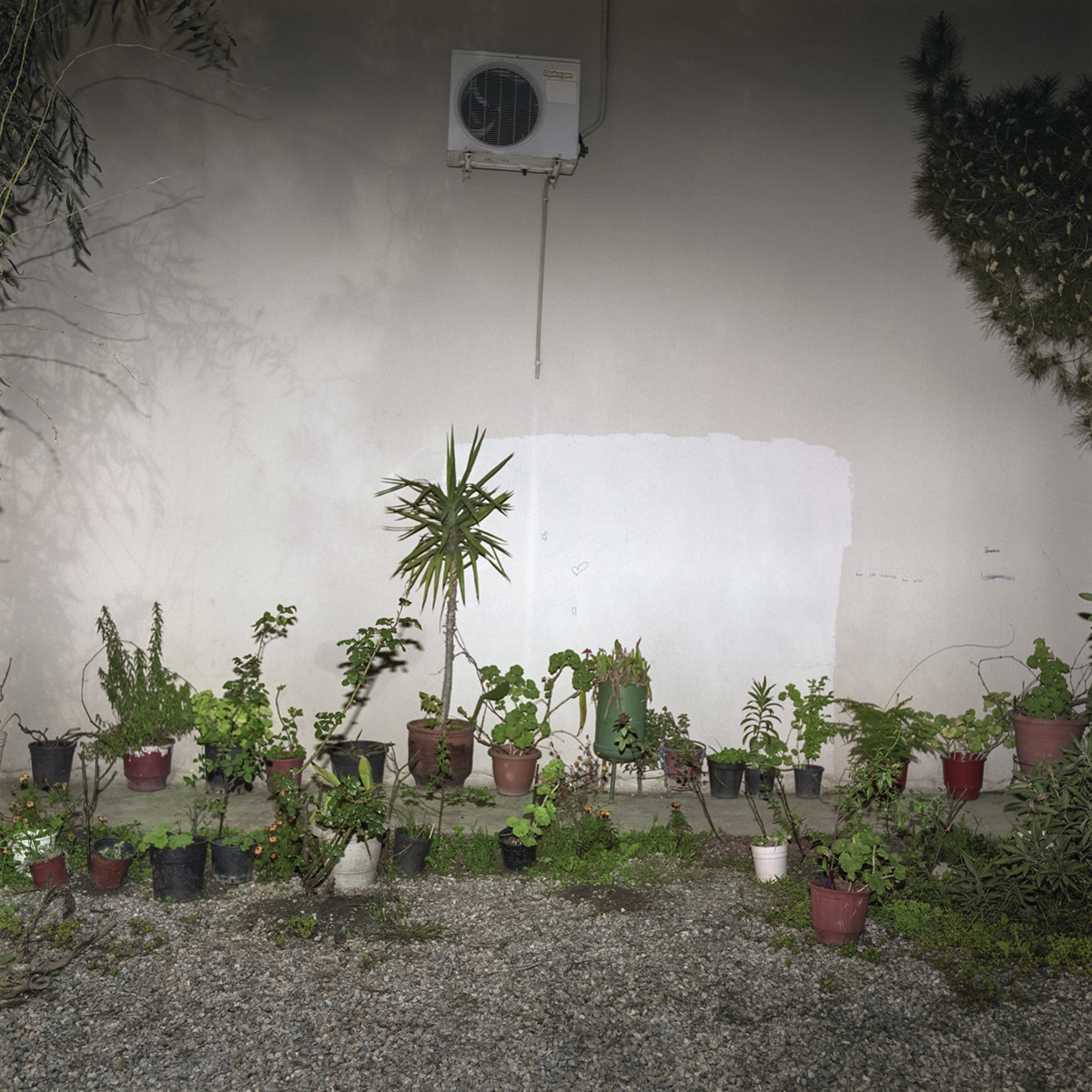Pavlos Fysakis was born in Athens, Greece, in 1969. He lives and works in Athens, photographing for the press and teaching photography at Focus School of Art and the Rehabilitation Center for Drug Addiction at the Psychiatric Hospital of Attica. He is the co-founder of the art collective “Depression Era” which, since 2011, has been documenting the social landscape of the Greek crisis through images and texts. The collective’s aim is to create a living archive and and an active artistic community through international exhibitions, open discussions, free seminars, and other actions. Preoccupied with the idea of boundaries, Pavlos is interested in the human order of things, constantly debating the solidity, or the fluidity of those territorial, cultural, social, and personal boundaries that define and position us within a society. In that quest, he creates imaginary narratives through a geographic exploration of space, documenting culture, identity and social phenomena such as urbanization, isolation and transition. Today we share his series, Nea Helvetia.



Nea Helvetia
Switzerland (“Helvetia” in Greek) is one of the richest countries in the world. New Switzerland, Nea Helvetia in Attica, Greece is, on the contrary, swept by pollution, poverty and neglect. Not long ago in Eleusina, Mandra, Aspropyrgos, and all of the Thriasio Plateau there were factories employing the working class and producing capital for the rich. This area now experiences the violent disintegration of a once prosperous world. People used to emigrate here to find a job; now, in great crisis, massive unemployment, and deindustrialization, people are searching for the means to survive. A place of major archaelogical importance has become infected, collecting – literally and metaphorically – a country’s waste and debris.






The violent disconnection of New Helvetia’s community from the global production machine automatically sends it to the fringe, leads it to inevitable transgression and places it in a limbo state right before disaster. Its people are silently suffering the reverberations of a big fall. They try to hold onto to each other, united in their common fate, victimized by their unfair exclusion from the world. The images depict their environment: the roofscape of their homes in distant, relative, historical perspective: the interiors with framed family pictures and posters –dreams on a wall– the empty backyards, the covered cars, useless and out of gas: the public places where they meet each other. The images document the unequal confrontation between humans and history.








To view more of Pavlos’ work, please visit his website.